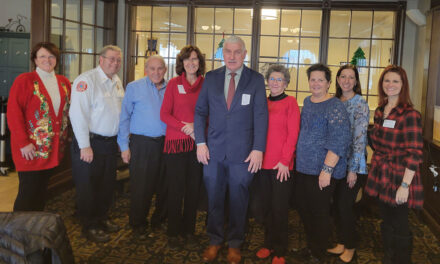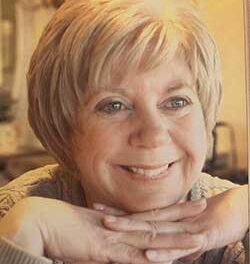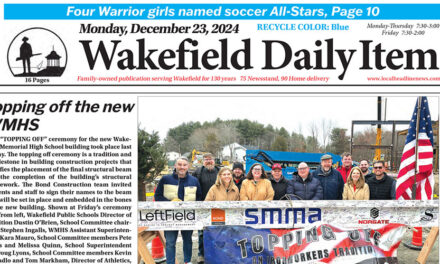WAKEFIELD — Two would-be abutters to a proposed 130-unit Brightview Senior Living facility in the Square have filed a civil suit against the town seeking a clarification of the parking requirements associated with the project.
Crescent Street’s Andrea Sullivan and Ann Fandel, who lives at the corner of Crescent and Main streets, allege that an amendment to the town’s Zoning Bylaw last year “was tailored to fit the requirements of the proposed structure, which covers substantially all of the property,” according to the suit, which was served to the Town Clerk’s Office Friday. It was also filed with the state’s Land Court.
“The project as designed provides for only two outside parking spaces,” the suit continues. “All other parking is proposed to fit in the underground garage that can possibly accommodate at most only 81 parking spaces. Thus the interdependent relationship between the prior bylaw that provided one half space for assisted living units was conveniently disregarded when ‘independent units’ were appended to the definition of the assisted living facility, with no concomitant increase in said parking space requirement for the unregulated independent living units. (All new construction in the Town of Wakefield requires off-street parking sufficient to meet the requirements of it intended use including employees.”)
The Brightview project is currently before the town’s Zoning Board of Appeals. Andrea Sullivan would live directly across the street from the proposed facility, planned between Main and Crescent streets. The facility would include a mix of assisted living, independent living and memory care units.
A parking consultant hired by Sullivan told appeals board members during a March 11 hearing session that parking was inadequate for the size of the project. The finding contradicts that of John Kennedy, the town’s traffic consultant.
The plaintiff’s argue that prior to Feb. 6, 2014 Town Meeting revisions, the relevant section of the town’s Zoning Bylaw on “Parking and Loading” stated, “The assisted living facility shall include one parking space for every two units, plus one parking space per two employees in the maximum working shift, plus additional parking for accessory used allowed by the special permit.”
The suit continues, “At the behest of the developer (Shelter Development), a Special Town Meeting was called on Feb. 6, 2014 to make amendments to the definition of Assisted Living Facility and ancillary sections as promulgated and required by the developer. These included the following:
“a. Amending §10-4.B of the Wakefield Zoning Bylaw by addition the following definition:
Independent Living Units — Units that provide occupants of said unit with access to supportive services such as meals, transportation, laundry, recreation, entertainment, and exercise, but not necessarily on a daily basis. …
“b. Amending §190-4.B of the Wakefield Zoning Bylaw by deleting the current definition of Assisted Living Facility and replacing it with the following definition:
Assisted Living Facility — A residential development subject to certification (under state law) as the same may be amended or recodified, which provides room and board, and which provides assistance with activities of daily living for three or more adult residents who are not related by consanguinity or affinity to their care provider and collects payment or third party reimbursement from or on behalf of residents to pay for the provision of room and board and the provision of assistance with the activities of daily living. An Assisted Living Facility may also include Independent Living Units as defined by the Wakefield Zoning Bylaw, however the number of Independent Living Units shall not exceed 50 percent of the total number of units in the facility.”
The complaint continues that “Notwithstanding that the definition of Assisted Living Facility may now include Independent Living Units, the parking requirements of an Assisted Living Facility did not change, wherein the inclusion of independent living units would not alter the “one space for each two units” requirement. … The independent living units proposed would clearly generate a need for more parking spaces than the assisted living units.”
This morning, Town Counsel Thomas A. Mullen said of the lawsuit, “This would be an appropriate challenge if there was something technically … illegal in the bylaw. But this is attacking the wisdom of the bylaw and the courts don’t substitute their judgment for those at Town Meeting.”




